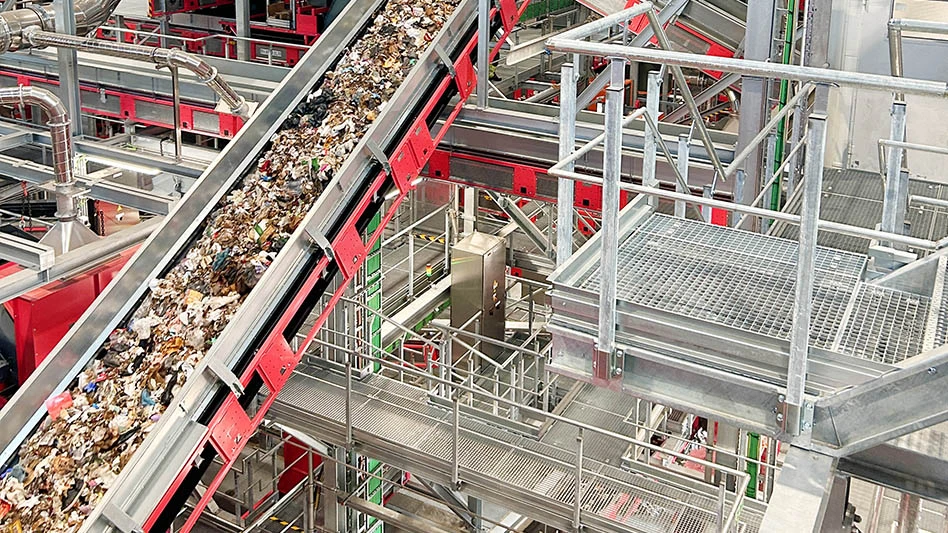
Photo courtesy the International Olympic Committee
Medalists at the Tokyo Olympics aren’t the only ones taking center stage this summer, the medals are also. This year, medals given to winners at the Summer Olympics are made of recycled electrical devices.
According to the International Olympic Committee (IOC), approximately 78,985 tons of discarded devices were collected. This includes about 6.21 million used mobile phones, along with digital cameras, handheld games and laptops, all of which were then classified, dismantled and melted down by highly trained contractors.
The effort was part of a collection program called the Tokyo 2020 Medal Project, which began in 2017. The project attracted donations and support from 1,300 educational institutions and 2,100 electronics retail stores across Japan. Donation boxes also were strategically placed across Japan for local donations, according to the IOC.
Up to 90 percent of Japanese cities, towns and villages participated by setting up donation collection sites where Japanese citizens donated their old electronic devices, reports technology publication ZME Science.
Through the initiative, the Tokyo 2020 Medal Project collected 70 pounds of gold, 7,700 pounds of silver and 4,850 pounds of bronze. The gold alone derived from the project is worth some $2 million, according to ZME Science.
This is not the first time Olympic medals have been made from recycled materials. In 2016, the Rio Olympics awarded bronze and silver medals that were made from 30 percent recycled materials, according to the IOC, while medals for the 2019 Winter Olympics also featured recycled-content medals.
Using recycled electronics for the medals at the Tokyo Olympics is just one way the organizers of the event have worked to minimize their environmental footprint. Other sustainable practices include:
- using recycled construction debris from temporary housing erected following the Great East Japan earthquake and tsunami of 2011 for the Olympic torches;
- uUsing lightweight recycled cardboard beds made by the Japanese company Airweave for the athletes’ sleeping quarters;
- using mattresses that can be recycled after use; and
- using autonomous electric cars made by Toyota to transport athletes around the Olympic Village.
Latest from Waste Today
- IEG hires general manager of service
- FZUK announces new commercial director
- Small-scale WTE partnerships
- Northwest Natural Renewables proposes Ohio landfill project
- US Senate backs reduced cuts to EPA
- Waste Connections announces Q2 results
- Returnity and Cosmoprof to address reusable bag waste
- SWANA releases report on aging WTE facilities





